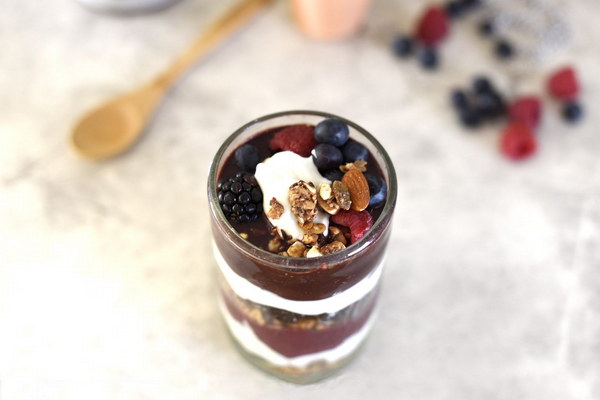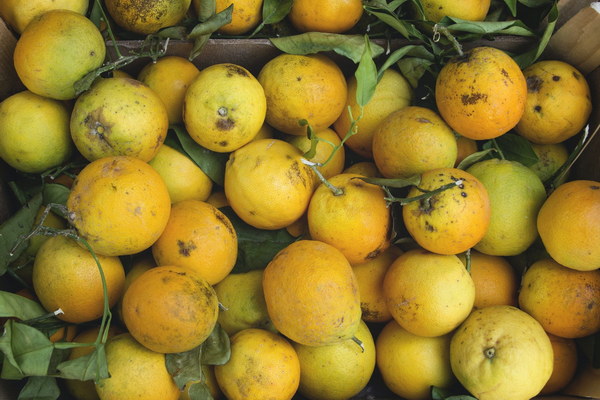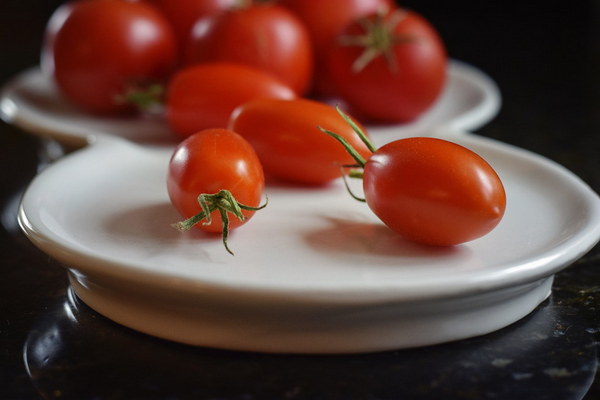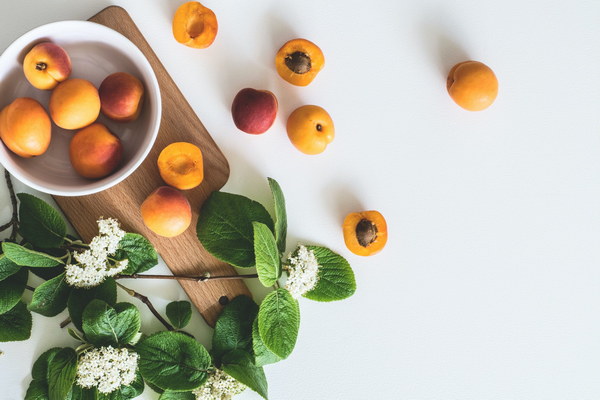The Best Herbs for a Moisture-Wicking Foot Bath A Guide to Traditional Remedies
Introduction:
In traditional Chinese medicine, the concept of dampness is a common health concern. It is believed to be the root cause of various ailments, including fatigue, weight gain, and even joint pain. One popular and effective method to alleviate dampness is by taking a moisture-wicking foot bath. But what herbs are the best for this purpose? In this article, we will explore the top herbs for a moisture-wicking foot bath and their benefits.
1. Cinnamon:
Cinnamon is a well-known spice with numerous health benefits. In traditional Chinese medicine, it is often used to expel dampness from the body. When used in a foot bath, cinnamon can help improve blood circulation, relieve muscle aches, and reduce the sensation of coldness in the feet.
2. Peppermint:
Peppermint is a refreshing and cooling herb that is excellent for moisture-wicking. It has natural anti-inflammatory properties and can help soothe tired feet. Additionally, peppermint can improve digestion and reduce bloating, making it an ideal herb for those who suffer from dampness-related weight gain.
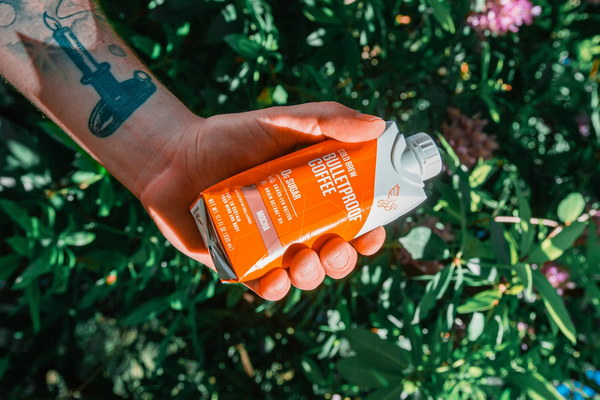
3. Astragalus:
Astragalus is a powerful adaptogenic herb that can boost the immune system and improve overall health. It is often used to expel dampness and strengthen the body against colds and flus. Adding astragalus to a foot bath can help alleviate joint pain and promote a sense of well-being.
4. Ginger:
Ginger is a warming herb that is excellent for expelling dampness. It can help increase circulation and warm up cold, damp feet. In addition to its moisture-wicking properties, ginger can also help reduce inflammation and alleviate nausea.
5. Turmeric:
Turmeric is a versatile herb with anti-inflammatory and antioxidant properties. It is often used to treat joint pain and improve mobility. When used in a foot bath, turmeric can help expel dampness and reduce inflammation in the feet and legs.
6. White Willow Bark:
White willow bark is a natural pain reliever and anti-inflammatory agent. It can help alleviate joint pain and reduce swelling, making it an excellent herb for those suffering from dampness-related discomfort. Adding white willow bark to a foot bath can help soothe tired feet and improve overall well-being.
7. Coptis:
Coptis is a cooling herb that can help reduce dampness and heat in the body. It is often used to treat damp-heat-related symptoms such as skin rashes and urinary tract infections. Adding copitis to a foot bath can help alleviate these symptoms and improve overall health.
Conclusion:
Taking a moisture-wicking foot bath is a simple yet effective way to alleviate dampness and promote overall well-being. By incorporating the right herbs, you can enhance the benefits of this traditional practice. Whether you choose cinnamon, peppermint, astragalus, ginger, turmeric, white willow bark, or copitis, these herbs can help expel dampness, improve circulation, and provide a sense of comfort and relaxation. So, next time you're looking to soothe your feet and reduce dampness, consider adding one of these herbs to your foot bath routine.
